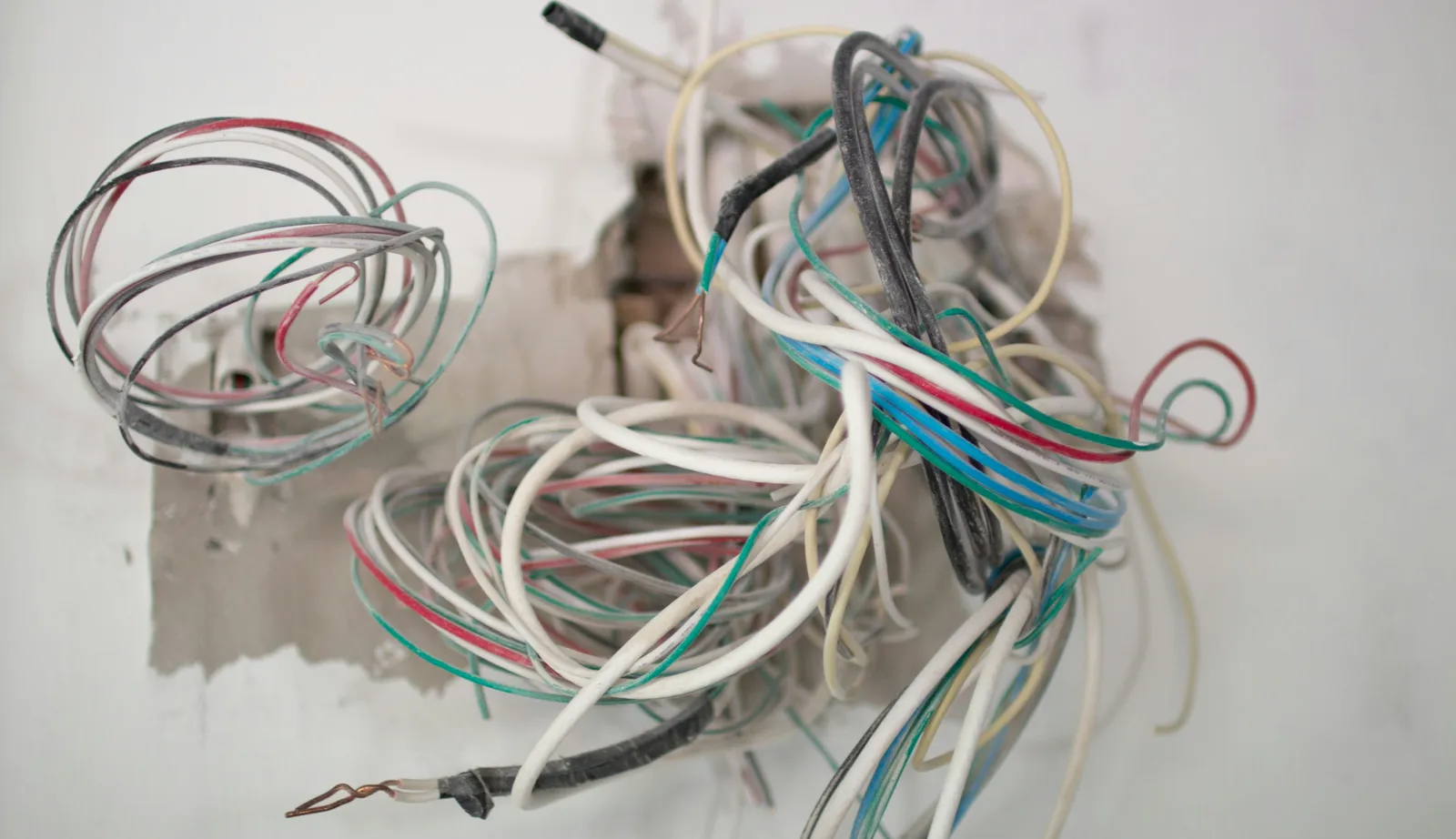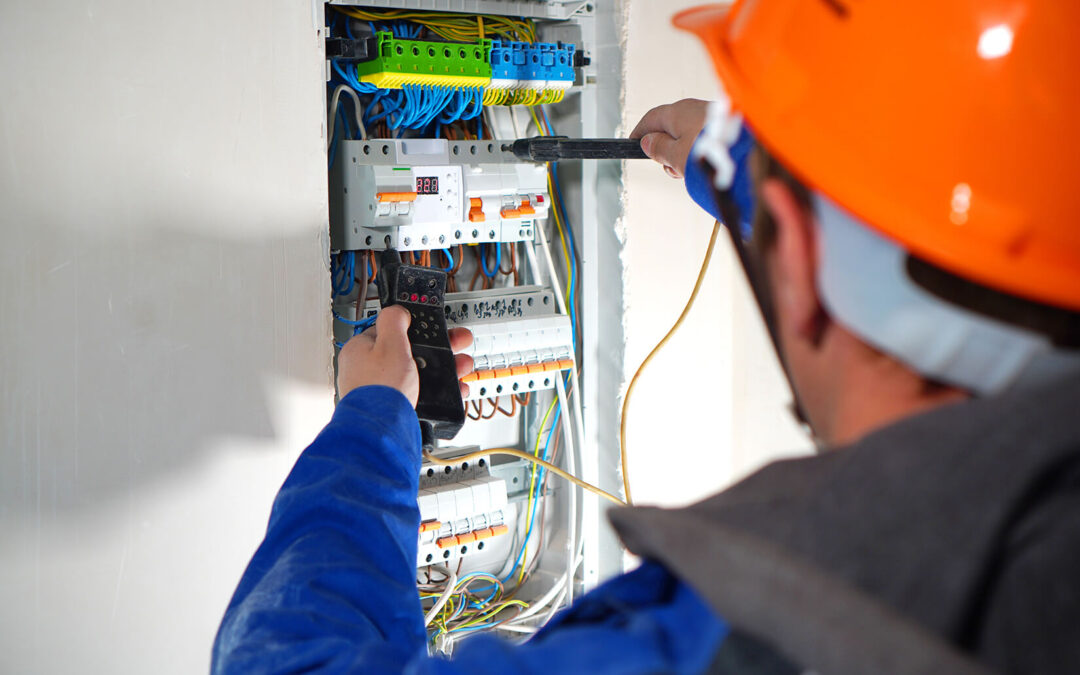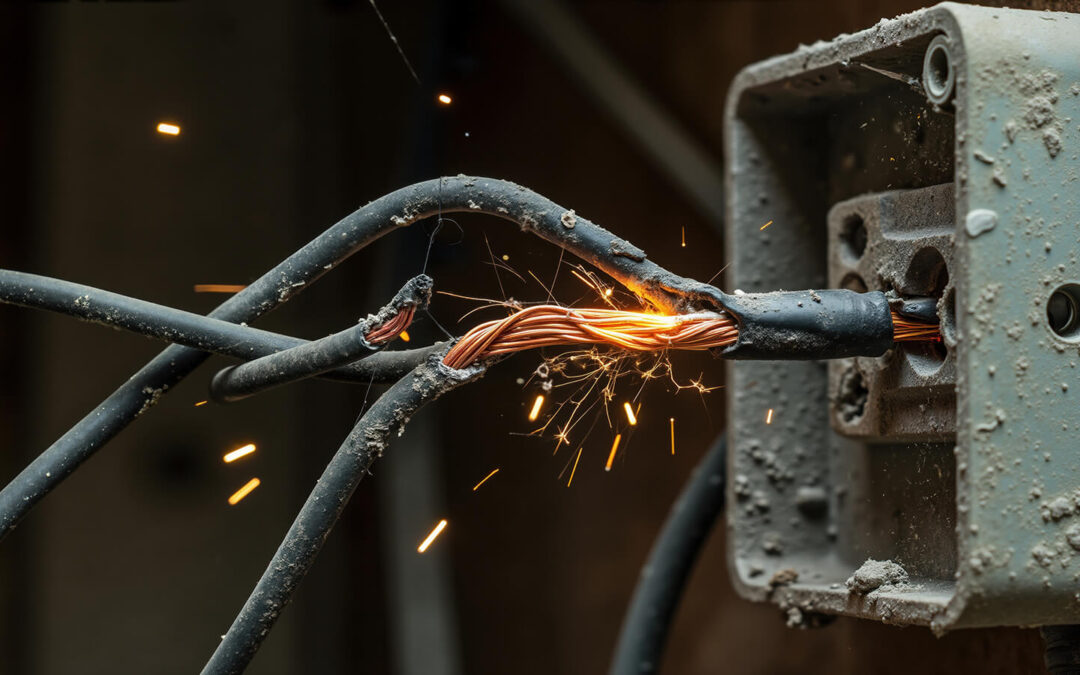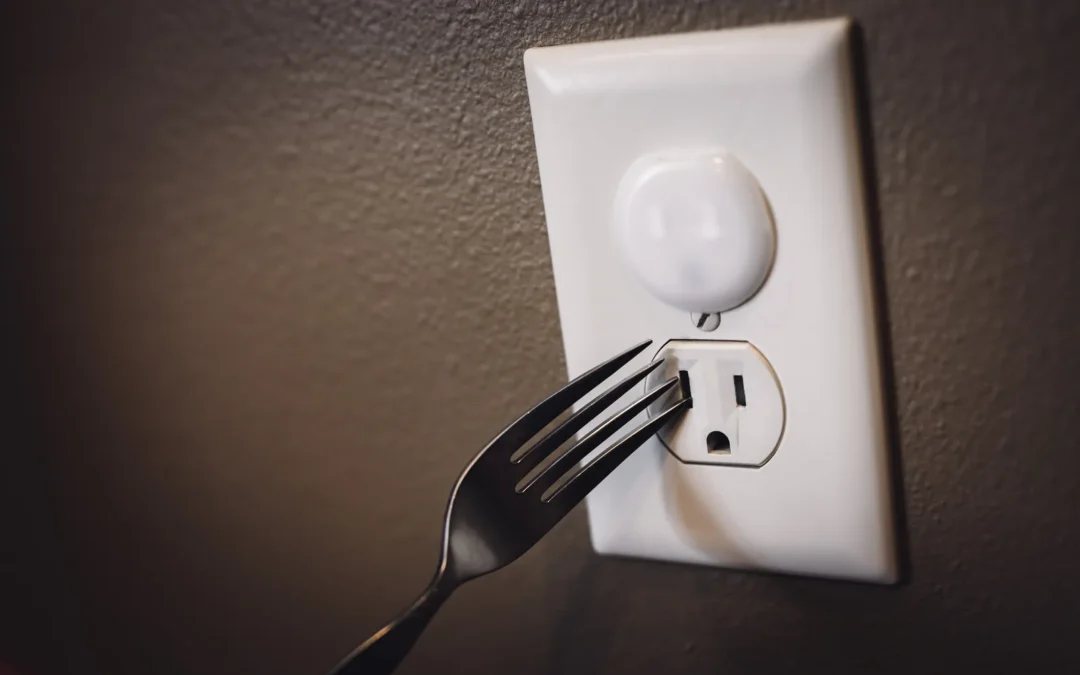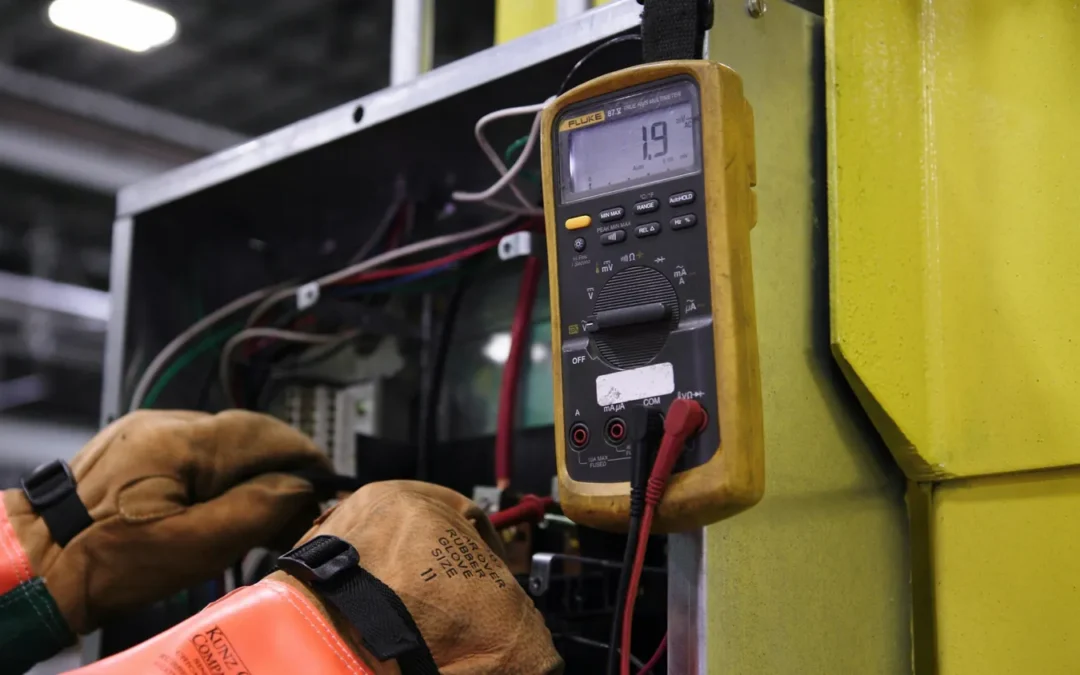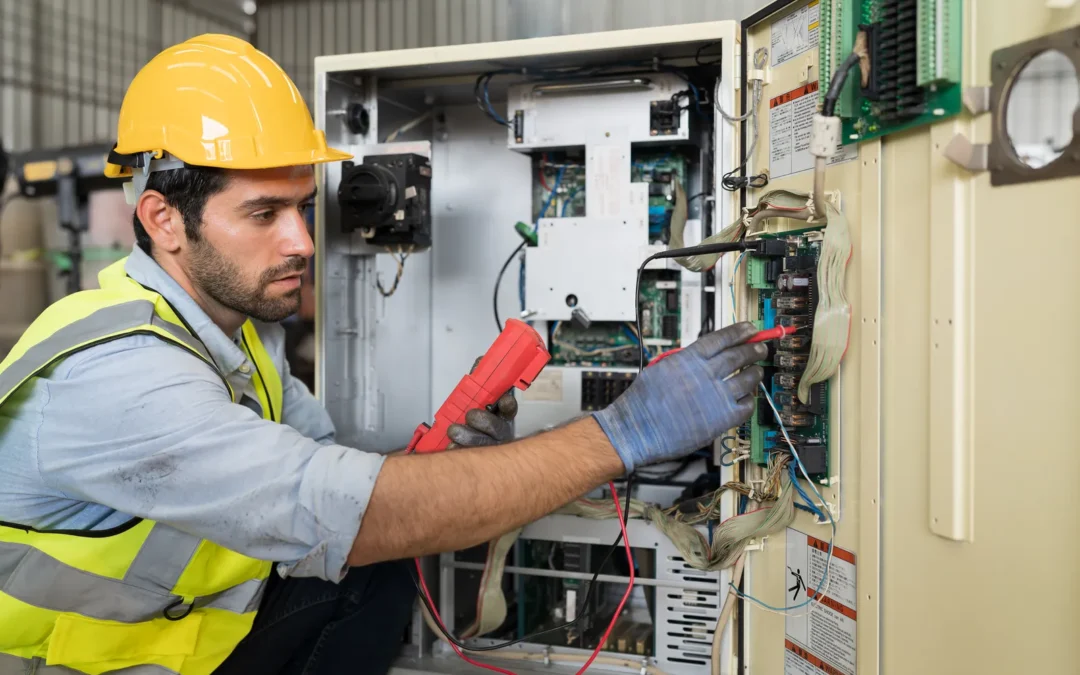A safe and reliable electrical system is the backbone of your home. Over time, however, wiring can deteriorate, become outdated, or simply no longer meet your household’s power demands. Ignoring these issues can lead to costly repairs or dangerous electrical fires.
If you’ve noticed problems with your home’s electrical system, it may be time to consider electrical solutions such as a complete electrical rewire. Here are the 10 most common warning signs that your home needs more than a quick repair.
1. Your Home Is More Than 40 Years Old
Electrical standards have changed dramatically over the decades. If your home was built before the 1980s and has never had its wiring updated, there’s a good chance it still relies on outdated materials such as aluminum wiring or knob-and-tube systems.
These older systems aren’t equipped to handle the electrical demands of modern appliances, electronics, and home automation. Old wiring is more likely to overheat, short-circuit, or degrade, posing a significant safety risk.
2. Frequent Circuit Breaker Trips
Occasional breaker trips can happen, but if they’re happening multiple times a week, your wiring may be overloaded. Frequent trips indicate that your electrical system is struggling to handle the load. This is a built-in safety feature that tells you that your circuits are at risk of overheating, which could lead to a fire if ignored.
3. Flickering or Dimming Lights
Lights that flicker or dim when you turn on appliances or use certain outlets are a telltale sign of wiring strain. While a single flicker could be a loose bulb, ongoing dimming points to a bigger electrical issue. Flickering lights often signal loose wiring connections or overloaded circuits, both of which require professional inspection.
4. Burning Smell or Scorch Marks
If you smell burning plastic or notice discoloration around outlets, switches, or your electrical panel, stop using that circuit immediately. These signs indicate dangerous overheating or arcing inside the wiring, which can ignite nearby materials. This is an urgent safety concern that should be addressed without delay.
5. Warm or Vibrating Outlets and Switches
Outlets and switches should always feel cool to the touch. If they’re warm, vibrating, or making a faint buzzing noise, your wiring may be faulty or improperly installed. Heat in wiring components means electricity isn’t flowing as it should, increasing the risk of melting insulation and fire hazards.
6. Frequent Power Surges
If your home experiences frequent, unexplained power surges, not caused by storms or utility issues, faulty wiring could be the culprit. Surges can damage electronics, appliances, and even the wiring itself, creating a cycle of ongoing electrical problems.
7. Outdated or Insufficient Outlets
Relying on power strips and extension cords for everyday use is a sign your electrical system isn’t keeping up. Homes that lack GFCI (Ground Fault Circuit Interrupter) outlets in kitchens, bathrooms, and outdoor areas are also not up to current safety standards. A rewire gives you the opportunity to add properly placed, modern outlets that meet today’s safety codes.
8. Aluminum Wiring
Homes built in the late 1960s and 1970s often used aluminum wiring, which expands and contracts more than copper. This can cause loose connections over time, increasing fire risk. While aluminum wiring can sometimes be modified with special connectors, a full rewire is the safest, most long-term solution.
9. Buzzing Sounds in Walls
Electricity should run silently. If you hear a faint buzzing or crackling sound coming from walls, outlets, or your breaker panel, this could be arcing electricity,a dangerous sign of deteriorating wiring. Electrical arcing can generate extreme heat and spark fires inside your walls.
10. Lack of Grounding
Older homes may not have a properly grounded electrical system. Without grounding, electricity has nowhere safe to go if there’s a fault, increasing shock and fire risks. Modern rewiring ensures proper grounding, meeting current code requirements, and keeping your family safe.
Why a Full Electrical Rewire Is Worth It
While rewiring a home is a significant investment, it provides lasting benefits:
- Improved safety – Reduces the risk of shocks and fires.
- Increased capacity – Supports modern appliances, smart home devices, and EV chargers.
- Higher home value – A selling point for buyers who want a safe, updated home.
- Peace of mind – You’ll know your system meets current code and can handle your household’s needs.
Professional Help Is Key
Electrical work is not a DIY project, especially a full rewire. Licensed electricians have the training, tools, and permits necessary to perform the work safely and to code. In many cases, they’ll also coordinate with your utility company and local inspectors to ensure everything is done properly.
Next Steps to Keep Your Home’s Electrical System Safe
If you’ve noticed any of these warning signs, don’t wait for a small issue to become a dangerous one. A complete electrical rewire can seem like a big project, but it’s one of the best ways to protect your home, your belongings, and your family. Ready to find out if your home needs rewiring? Contact Table Mountain Electric today for a full inspection and professional recommendations tailored to your home’s needs.



